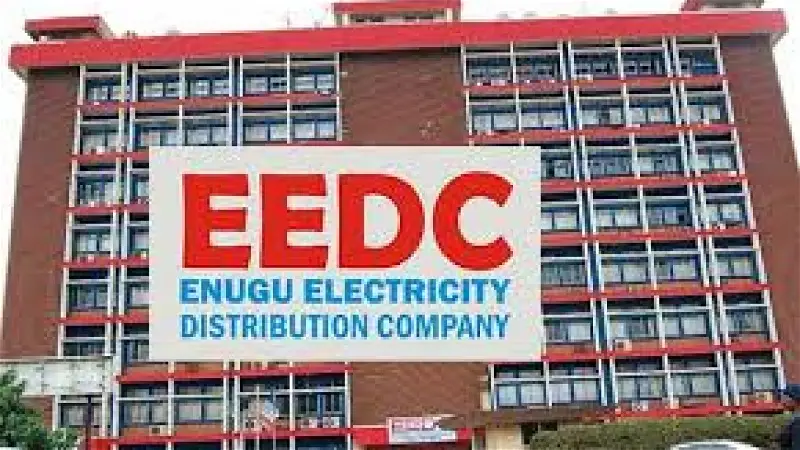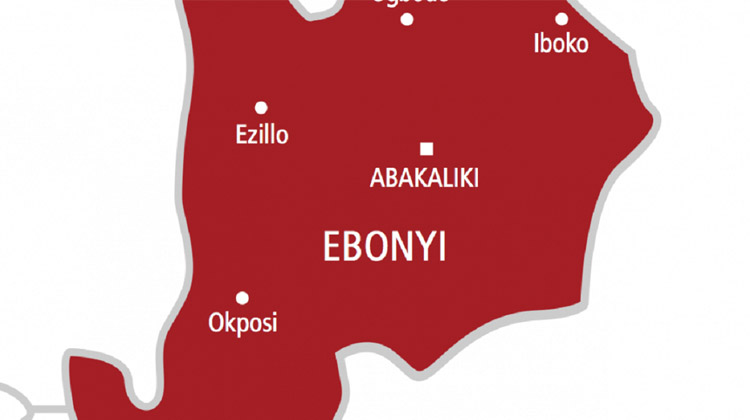As a matter of urgency, the Nigerian judiciary must address the issue of delays in processing cases through the courts, according to Vice President Yemi Osinbajo.
Osinbajo, who had addressed the issue on previous occasions, restated his position again on Friday when he chaired a Wole Olanipekun & Co., WOC, Justice Summit on Justice Sector Reforms in celebration of the 70th birthday of Chief Wole Olanipekun, SAN, in Lagos.
Describing the issue of delays in the judicial process as the ‘elephant in the room’, the VP wondered what would happen to the country’s legal profession in “another 50 years given the gridlock in processing cases through the courts and the question of the integrity of the legal process, or better still, the integrity of actors in the legal process in Nigeria.”
Highlighting delays in Nigerian courts, the Vice President recalled, “How the UK Court of Appeal had occasion to comment in the case of (IPCO v. NNPC [2015] EWCA Civ 1144) where a challenge to the enforcement of a Nigerian seated arbitration tribunal award came before the English Court of Appeal.”
The VP explained that “the court referred to the delays in the parallel proceedings before a Nigerian Court as catastrophic and that it could take a further 30 years to resolve.”
“Incidentally, the expert witness who testified on delays in the Nigerian Courts was a former Justice of the Supreme Court who testified that a case could take 20 to 30 years to resolve in a Nigerian Court,” the VP stated.
Osinbajo urged for further engagements by stakeholders on the integrity of the legal process and its key actors, particularly judges and lawyers towards proffering solutions to the challenge of delay in court processes.
“I look forward to the conversations we will have today, and may I suggest as rules of the house, that we focus on practical, and implementable ideas, not a rehash of the problems. We are all experts at knowing the problem.”
The Vice President described the celebrant, Chief Olanipekun, “as one of the most consequential and influential lawyers in the commonwealth”, adding that beyond his accolades and achievements, he has impacted many lives through his kindness, philanthropy and faith.
Thanking God for giving the legal luminary “an ever-youthful physique and disposition, Prof. Osinbajo said, “Chief Olanipekun’s great intellect, mastery of the law, its substance and its technicalities, his incredible ability to get to the heart of the matter and to let whole panels of judges see his sometimes daring points; his disarming wit and humour, his sometimes lyrical and poetic submissions, quoting from the classics and the Scriptures, make him easily one of the most outstanding minds in the legal profession in this or any other generation.
“But I am sure that what must give him as much, if not more satisfaction, as his accomplishments in the legal profession is how he has affected the lives of hundreds, who cannot repay him for his kindness, his many charities and philanthropies and his several contributions to the growth and reach of the gospel.”
On his part, the celebrant said the Justice Summit organized by his law firm is among his modest contributions to the advancement of the justice delivery system in Nigeria, noting that the thorny issue of integrity and the urgent need for reforms in the sector, remain worrisome and should be of concern to stakeholders.
He urged speakers and participants at the event not to relent in their efforts in ensuring reform of the judiciary, maintaining that the progress sought by society is largely tied to justice and equity.
Panelists at the event included the immediate past Vice Chancellor of the Lagos State University, Prof. Olarenwaju Fagbohun, who delivered the keynote address on the theme “Implementing Justice Sector Reforms”, the Chief Judge of Borno State, Hon. Justice Kashim Zannah who spoke on “Entrenching Integrity of Processes in Judicial Appointments”, while a retired Justice of the Supreme Court, Hon. Justice Paul Galumje spoke on “Entrenching Integrity of Processes in Judicial Reforms”.
Others were Human Rights Lawyer, Mr Femi Falana, SAN, who spoke on “Political Influence on Judicial Appointments”; former President of the Nigerian Bar Association, NBA, Mr Abubakar Mahmud, SAN, who spoke on “How to balance diversity, gender, inclusion and merit in judicial appointments”, and Mrs Funke Adekoya, SAN, spoke about “Essential collaborations for successful implementation of justice sector reforms.” There was also a non-lawyer contributor at the WOC Justice Summit, Mrs. Ibukun Awosika who spoke on the “Implications of judicial reforms on public trust.”





